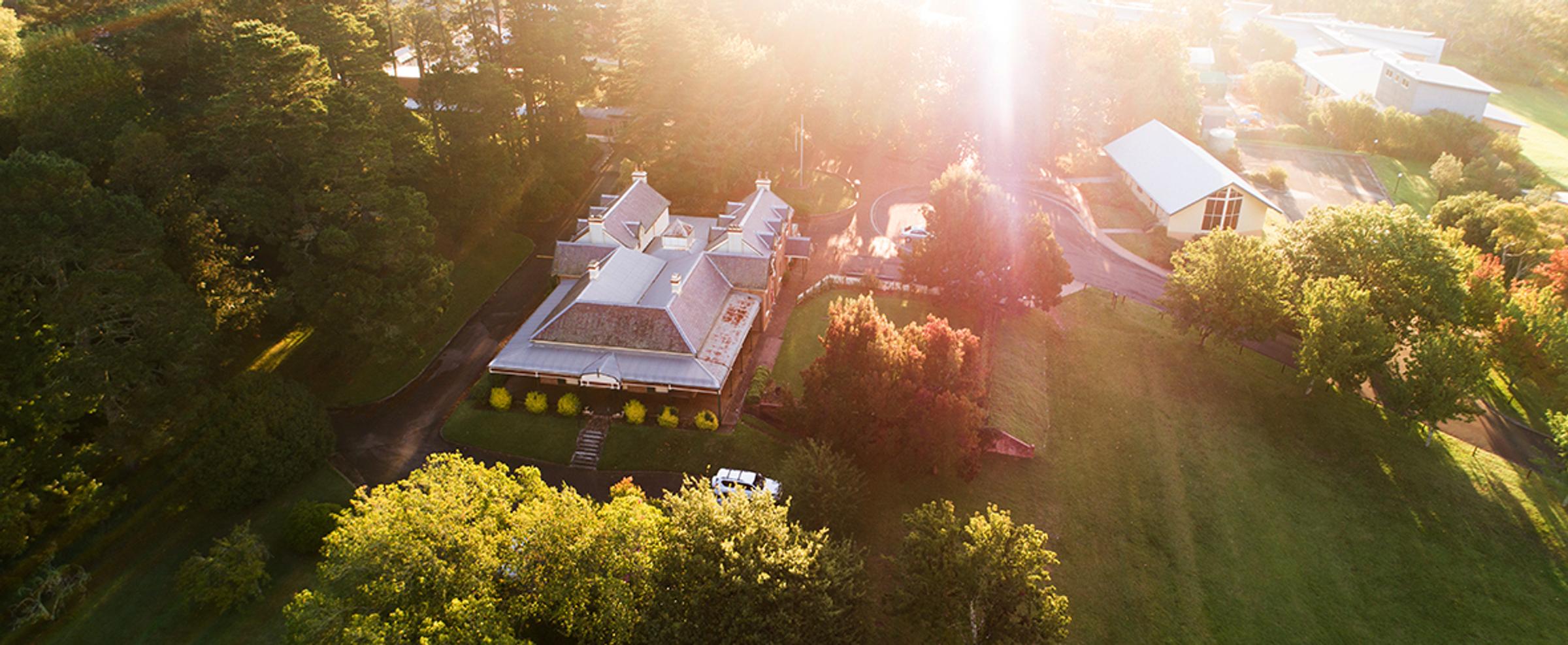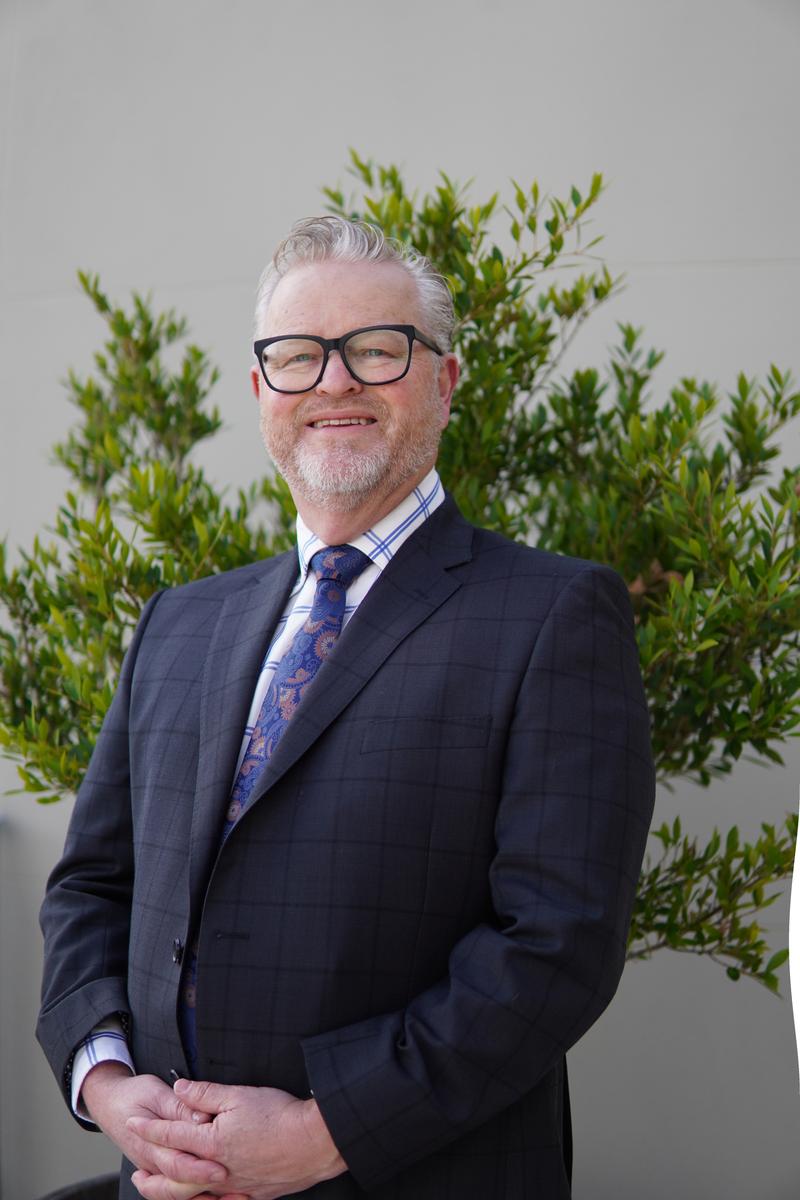From the Acting Headmaster

Do you find it encouraging to sit with a person who is so 'switched on' that you begin to believe that anything is possible? Why do some people leave your presence having filled your mind with endless possibilities while others leave you with your mind in the proverbial spin? In my experience, there always seems to be one underlying reason – personal drive.
Personal drive is perceived as many things – but it is most commonly recognised as intrinsic motivation. Internal motivation usually stems from a person's desire for personal and professional satisfaction and fulfilment. Unlike extrinsic motivation, it is personally motivated and is part of an internal value or belief set that creates and demands a person's effort and drive toward reaching a meaningful goal.
The most critical factor in determining whether a person will commit to completing a task or project in a meaningful and valuable way is the degree and strength of an individual's commitment, motivation and ownership of the end product. Without some form of personal investment, either through an alignment with personal values systems or projection to a better outcome, there will usually be little worth realised. This personal drive will provide a preferred 'where do we want to be?' mindset, and as a result, anything is possible.
Why is this the case? Well, essentially, it all comes down to fundamental human nature. Personal motivation will drive people to take action, which will constantly be on their minds if there is a degree of ownership. Maslow was correct. In his hierarchy of needs, he notes the category of self-actualisation as one of the most basic human needs. This is another way in which we can characterise self-fulfilment. There is an extensive body of evidence to use as the basis to change how we motivate people to engage young people in evaluation, improvement and innovation in their learning. We can use it to deal with and engage children daily if it is a good learning theory.
Personal investment beats organised engagement every single time. As the adults in our children's lives, let's remind our young people that reward comes at the end of significant investment. Nothing comes easy, but it is worthwhile when we reach a peak.
Steven Coote
Acting Headmaster
